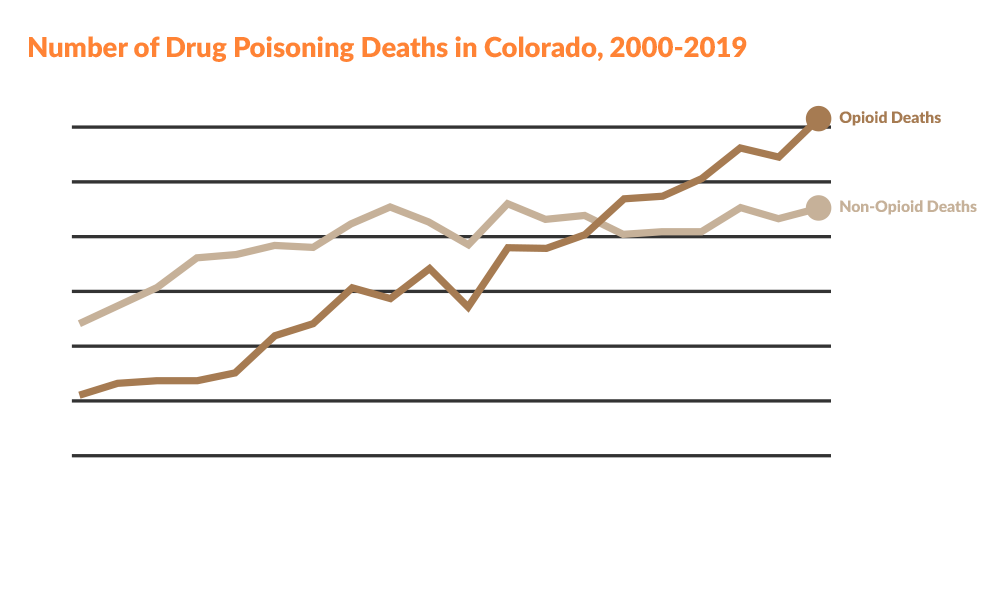Ask Mary Jane
Question & Answer
Truth Checking the Marijuana Lobby
FACT CHECK
“We know that cannabis is not dangerous.” – Rep. Jordan Harris (D-Philadelphia)
RESULT
False.
Here’s what we know: The National Academies of Sciences (NAS) – the gold standard of independent, nonpartisan, evidence‐based research – conducted a comprehensive review of the existing evidence on the health effects of marijuana and came to nearly 100 conclusions, including substantial evidence of a statistical association between:
- Recent cannabis use and an increased risk of motor vehicle crashes.
- Maternal cannabis smoking and lower birth weight of the offspring.
- Long‐term cannabis smoking and worse respiratory symptoms include cough, increased sputum production, wheezing, and more frequent chronic bronchitis episodes.
- Cannabis use and the development of schizophrenia or other psychoses, with the highest risk among the most frequent users.
“It’s not harmless at all.”
– Dr. Nora Volkow, Director of the National Institute on Drug Abuse
FACT CHECK
Youth use rises in states that legalize marijuana for recreational use.
RESULT
True.
There is evidence to show that the commercial sale of marijuana for recreational use increases use among minors. Researchers at Temple University found that “following recreational legalization, adolescent and young adult past-month cannabis use prevalence increased.”
“We can reasonably expect that, with its legalization, the prevalence of marijuana use among both adults and adolescents will increase in our state.” Dr. Sheryl Ryan, American Academy of Pediatrics, PA Chapter
FACT CHECK
“We know that cannabis is not addictive.” – Rep. Jordan Harris (D-Philadelphia)
RESULT
False.
- “People can and do become addicted to marijuana. Approximately 1 in 10 people who use marijuana will become addicted. When they start before age 18, the rate of addiction rises to 1 in 6.” (Substance Abuse and Mental Health Services Administration)
- “Some people who use marijuana will develop marijuana use disorder, meaning that they are unable to stop using marijuana even though it’s causing health and social problems in their lives.” Center for Disease Control
- The cannabis plant “has addictive properties.” (JAMA Psychiatry)
“Marijuana is an addictive drug.” (American Addiction Centers) - “Recent research has revealed numerous medical harms associated with cannabis use, not the least of which is the likelihood of developing addiction related to cannabis use.” (American Society of Addiction Medicine)
- “There is no question marijuana is a drug that can produce addiction…” (Dr. Dean Drosnes, Medical Director – Caron Treatment Centers)
FACT CHECK
“Opioid use has decreased in almost every jurisdiction where recreational cannabis is legalized,” says Pennsylvania State Senator Sharif Street.
RESULT
False.
In the state of Colorado, the drug overdose fatality rate reached an all-time high in 2019. Data from the Colorado Department of Public Health shows opioid overdose fatalities have only increased since legalization.

There is a growing body of evidence to show marijuana legalization is not a solution to the opioid crisis. “The opioid crisis appears to be worsening where marijuana has been legalized.” (JAMA International Medicine Journal, 2018)
